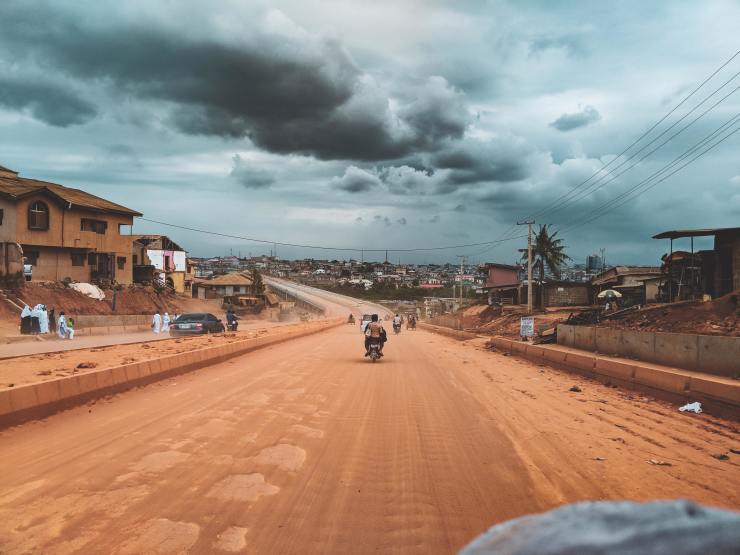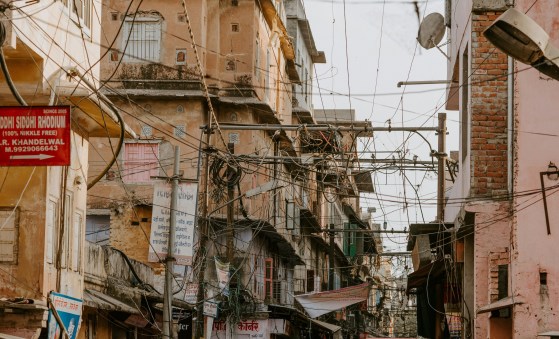
Christians in Nigeria are 10 times more likely to be killed in jihadist attacks than Muslims, new figures show.
The latest figures from the Observatory for Religious Freedom in Africa (ORFA) challenge attempts to blame the violence on climate change, historical grievances or criminality.
The ORFA report found that between October 2019 and September 2020, the number of Christians killed in jihadism-related violence was 9.6 times higher than the number of Muslims per capita.
In the following year, Christians were 7.8 times more likely to be killed than Muslims.
Between October 2019 and September 2021, there were 7,916 recorded deadly attacks on Christians by extremist Islamists. In the same period, 2,235 Muslims were killed.
The organisation also found a 20 per cent rise in deadly attacks on both Christians and Muslims between 2020 and 2021.
David Landrum, Director of advocacy at Open Doors UK and Ireland, is calling on the UK government to acknowledge a religious dimension to the violence.
"This evidence is just the tip of the iceberg, and it shows categorically what we know already - that Christians are being especially targeted by extremist Islamic groups in Nigeria," he said.
"The report challenges claims playing down religious identity as a core driving factor in the violence taking place in northern Nigeria.
"The central motive of groups like Boko Haram, Fulani militants, and the Islamic State of West Africa Province (ISWAP) is their extremist ideology. They want to establish an Islamic caliphate and – according to their interpretation of the Quran – they have a duty to convert everyone or drive them from the land.
"The current policy of avoiding the issue clearly isn't working. We want the UK government to acknowledge that the religious element is the primary driver of the violence taking place."
The call follows comments by Vicky Ford MP at the international conference for the Freedom of Religion and Belief (FoRB) at Westminster in June.
She said at the time: "We recognise that religious identity is a factor in many incidents of violence and that it can form an important part of the identity of the groups affected.
"However, the underlying drivers are often complex and frequently relate to competition over resources, criminality and historical grievances."
According to the ORFA report, Christians were 59 times more likely than Muslims to be abducted by extremists between 2019 and 2020, although this fell to 4.1 times between 2020 and 2021.
A total of 3,289 Christians were kidnapped by extremists in the reporting period, compared to 2,328 Muslims.
Ayo Adedoyin of the International Organisation for Peace-building and Social Justice (PSJ UK) said: "This is a very important piece of work which goes some way in helping to clear up the opaque and largely unsubstantiated statements that often get made in reference to killings in Nigeria.
"Each extrajudicial killing of any person – of any faith or none – is a tragedy which we must all work together to stop.
"The Government of Nigeria has a primary duty and responsibility to protect all people. It's a responsibility which we must ensure that they take seriously."
Nigeria is number seven on Open Doors' World Watch List, an annual ranking of the 50 countries where Christians face the most extreme persecution.




